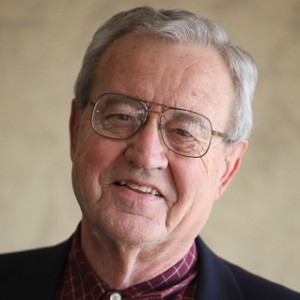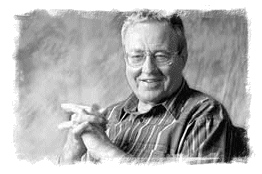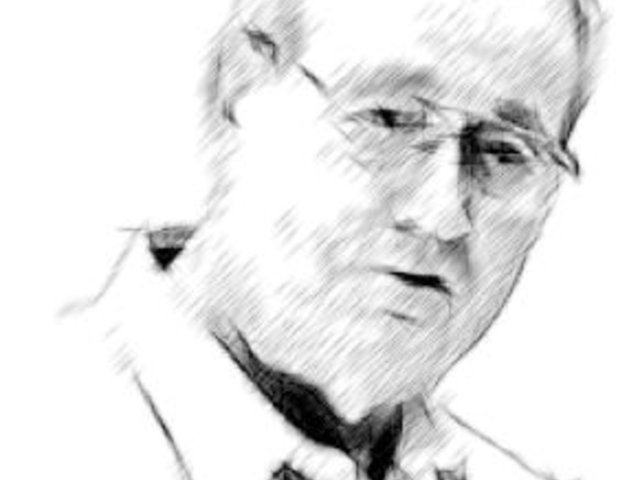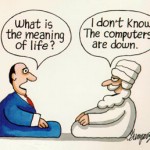 Like many, I was shocked by the news of Robin Williams’ unexpected death. He had an award-winning movie career; he lived in a mansion just north of the Golden Gate Bridge, and he knew he was responsible for millions of laughs worldwide for the last 35 years.
Like many, I was shocked by the news of Robin Williams’ unexpected death. He had an award-winning movie career; he lived in a mansion just north of the Golden Gate Bridge, and he knew he was responsible for millions of laughs worldwide for the last 35 years.
Why would Robins Williams committ suicide? Why would someone of his success and fame do such a thing?
The “why” questions always come up after the news of suicide. I certainly wrestled with these “why” questions for many years after my father committed suicide at a similar time in his life. Like Williams, he seemed to have a lot going for him, so why result to suicide?
These lingering “why” questions inspired me to write a book on topic of “What is the Good Life?”. By no means do I feel like I reveal secrets within the book that can treat someone with serious depression. However, I feel like these bits of advice are helpful reminders for most of us to find the joys in life that gives us great satisfaction with our lives.
1) We’ll all face rough times; we must embrace them. Times of intense struggle and pain are usually when we grow the most. The ones who seem to enjoy life the most are ones who have gone through life’s valleys and have learned to overcome those with the help of friends.
2) Create something. Paint a watercolor landscape, write a poem, start a new business, play with your nephew’s Play-Doo. It does not matter what, but find something that will give you joy by creating it. Also, it certainly helps to create things that help others.
3) Build a team. We’re not meant to go through life entirely alone – especially in times of depression. One secret of those living “the Good Life” is having a strong network of family and friends who they can count on during times of hardship.
4. Connect with something greater than yourself. Passionately pursue something that you believe is greater than your life. Some people do this by finding God. Others take a week off work to help hundreds of disaster victims in Haiti. Others do scientific research. The trick is pursuing something that will inspire you to make a difference within your own lives and to help others.
Most of us have been impacted in some way by friend or family member who has committed suicide. Even so, the unexpected news of Robin Williams’ death has troubled many. Just one is example is how numerous suicide prevention hotlines around the U.S. have had a record number of calls in the last 48 hours.
Instead of seeing Robin Williams’ death as jarring news or something that greatly upsets us, let us be mindful of the joy we can find now. Let us look back of the contentment of the accomplishes of our life. And, focus on securing a hope for great things to come.
Post Footer automatically generated by Add Post Footer Plugin for wordpress.














